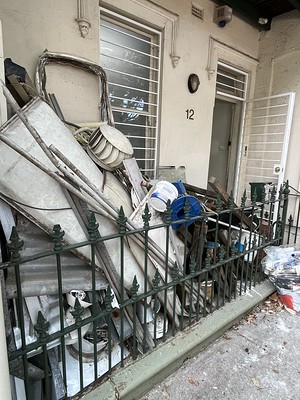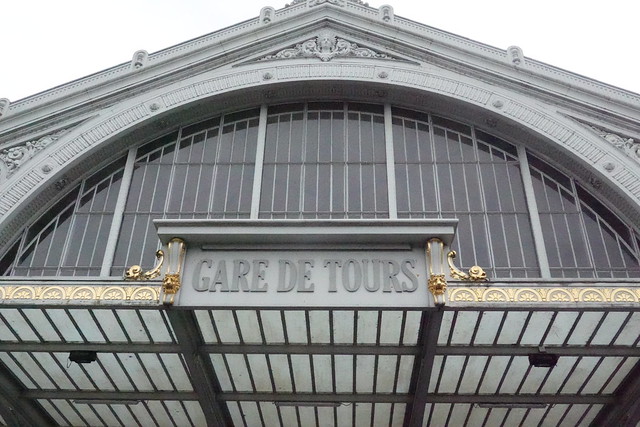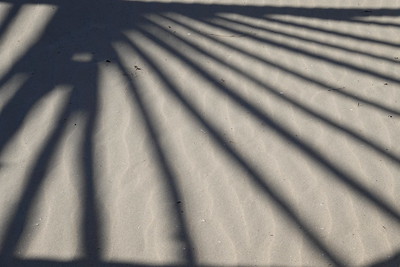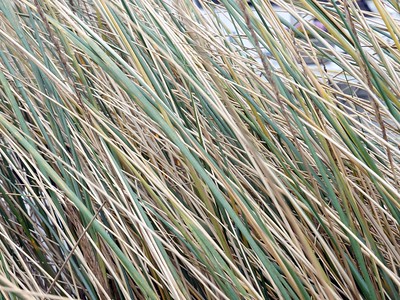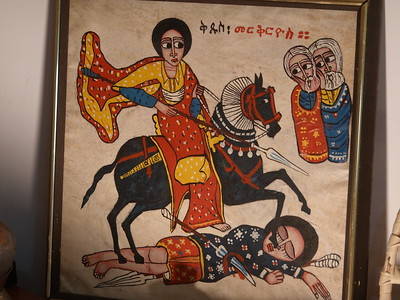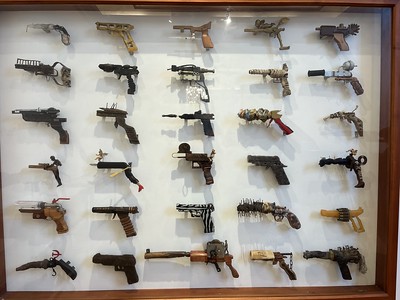It reminded me of my one and only visit to Milikapiti, which occurred coincidentally in 1989.
I was spending a couple of months in the Top End. Jesuit priest Pat Mullins (no relation) offered to take me to Bathurst and Melville Islands, which is home to the Tiwi islanders and their distinct culture.

He arranged for me to meet and interview some representatives of the Stolen Generation about their experience of being taken from their families and brought up in the Garden Point Catholic mission.
I eventually edited the recordings into a radio documentary that was broadcast in the ABC's Encounter religious series.
I interviewed them with an open mind and found they had quite nuanced views of their forced removal from their families. Their generally positive and affectionate memories of the priests and nuns who brought them up led me to title the documentary 'Another Mob of Mothers and Fathers'.

I recall being proud to present a view of the Stolen Generation that had positives as well as negatives, as it would have been something of a revelation to listeners who were only hearing negative stories. But on reflection, that probably had something to do with their being in the contact circle of the priest.
In the years since, I have been less inclined to accept that there were too many positives. Indeed the Garden Point Mission was featured in the Bringing Them Home Report in 1997. It included stories of sexual abuse and trauma that my interviewees failed to mention.

